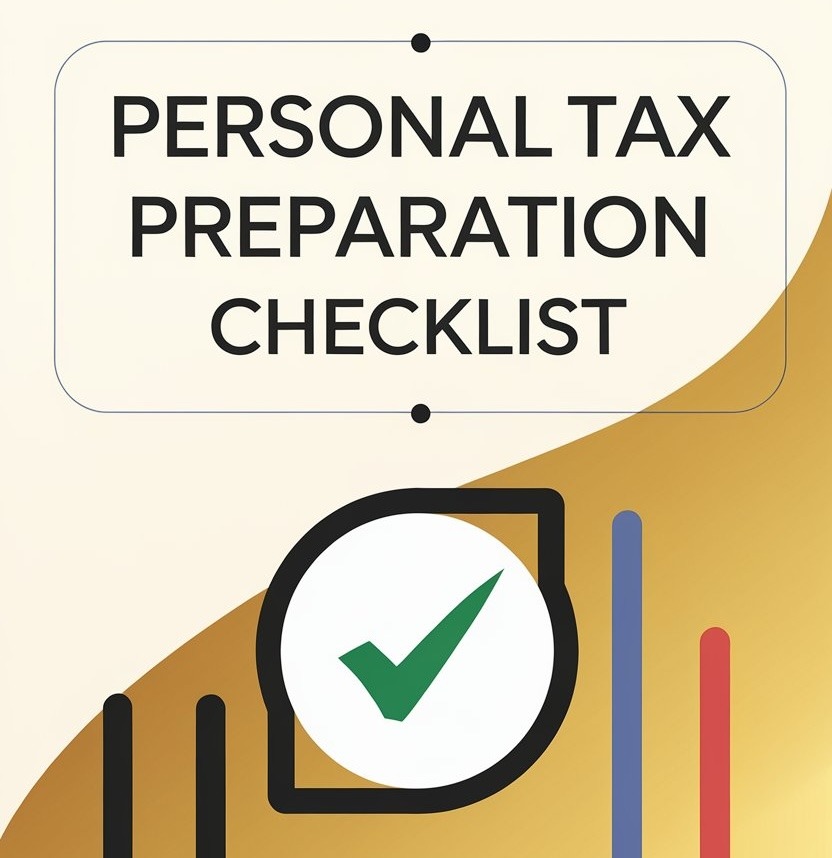Are you stuck trying to figure out how to claim your dependent relative on your taxes?
Many people, like yourself, are curious as to who qualifies as a dependent on a tax return. I get questions like:
- Can I claim my college students?
- Is a spouse a dependent?
- Can I claim my girlfriend on my taxes?
These are just a few of the must common questions asked. On today’s article I will explain who qualifies as a dependent on your taxes this year.
THIS POST MAY CONTAIN AFFILIATE LINKS. PLEASE READ MY DISCLOSURE FOR MORE INFO. Which means if you click on any of the links, I’ll receive a small commission.
Who Can I Claim as a Dependent on My Taxes
You may be asking yourself, can I claim my relative as a dependent?
There are four tests that must be met before you can claim a person as your dependent relative.
- Did Not Qualify as a Child Test
- Member of Your Household or Relationship Test
- Gross Income Test
- Support Test
Note: There is no age requirement to qualify someone as a relative.
1. Did not Qualify as a Child Test
To meet this test, the relative cannot be your qualifying child or anyone else’s qualifying child.
2. Member of Your Household or Relative Test
To meet this test, your relative must either: Live with you all year as a member of your household OR Be related to you in one of the following ways:
- Child, stepchild, foster child or descendant of any of them
- Brother, sister, half-brother, half-sister, step-brother, or step-sister
- Father, mother, grandfather, or other direct ancestors, but not a foster parent.
- Step-father or step-mother
- Son or daughter of brother, sister, half-brother, or half-sister
- Brother or sister of mother or father, in other words aunt or uncles.
- Son-in-law, daughter-in-law, father-in-law, mother-in-law, brother-in-law, or sister-in-law.
3. Gross Income Test
To meet this test, you relative’s gross income for the year must be less than $4300 in 2020.
4. Support Test
To meet this test, you must provide more than half of your relative’s total support during the year.
How do I determine if I support my relative?
To determine if you provided your relative with more than half of the year financial support, compare the amount you contributed to the relative with the amount your relative received from any other sources but you.
Things that can be considered as support includes amount spent to provide:
- Food
- Lodging
- Clothing
- Education
- Medical and dental care
- Recreation
- Transportation and other similar necessities.
For more information regarding support calculations, please see IRS publication 17.
Click HERE for the complete tax preparation check list needed for filing your taxes.
Can I claim a relative who was born or died during the year?
If a relative died during the year, but lived with you as a member of your household until death, that relative meets the residency test. The same goes for a child who was born during the year and lived with you as a member of your household for the rest of the year.
Final Thoughts
Have you ever had any issues claiming a relative on your taxes? If so, let me know what tip you would give to others to make the process easier.
I hope this article helped you gain some control of your tax plan this year. Remember not to stress out. Don’t forget to check out Tax Forms page for any additional online tax checklists and forms you may need this year.

If you want more handy tax tips, then feel free to check out my latest articles here. You can sign up to get on the waiting list if you’d like to file with me this year.
If you enjoyed this article, then you’ll love these:
- Best Rules for Claiming a Dependent on Your Tax Return
- When and How to Claim Tips on Your Tax Return
- Do I Need to File a Tax Return?
- How to Choose the Best Filing Status
- Top 12 Things You Must Know About the New Tax Law
For more money-saving tips and guides, subscribe to the weekly newsletter!
Until the next money adventure, take care!
Handy

Disclaimer Statement: All data and information provided on this site is for informational purposes only. The Handy Tax Guy makes no absolute representation of the correctness, mistakes, omissions, delays, appropriateness, or legitimacy of any information on this site. **Note: Each client circumstance will vary on a case-by-case basis**
(Original Article Date: September 14, 2017/Updated January 10, 2021)




